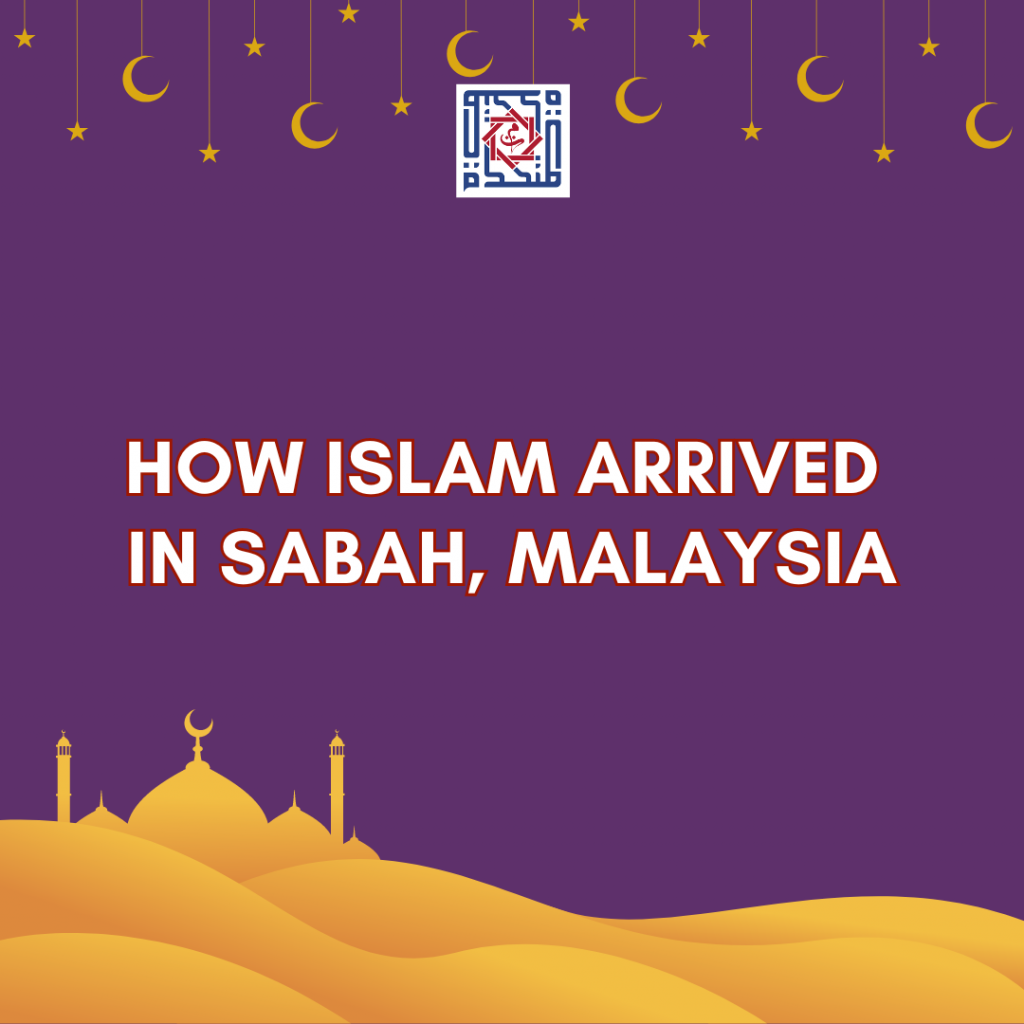
Islam came to Sabah, Malaysia, through trade and spreading Islamic culture in Southeast Asia. In the 15th century, traders from the Malay Archipelago, especially the Sultanate of Brunei, played a big role in bringing Islam to the area. These traders were already Muslims, bringing not only their goods but also their culture and beliefs, slowly influencing the local people. The Sultanate of Brunei extended its influence over parts of Sabah and helped make Islam an important part of the local culture.
The spread of Islam in Sabah grew stronger with the help of missionaries and local leaders adopting the faith. By the 16th century, many of the native groups had accepted Islam, often through alliances or marriages with Muslim leaders from nearby areas. Islam became closely connected with the local political and social systems, allowing it to become a lasting part of Sabah’s culture that continues today.
